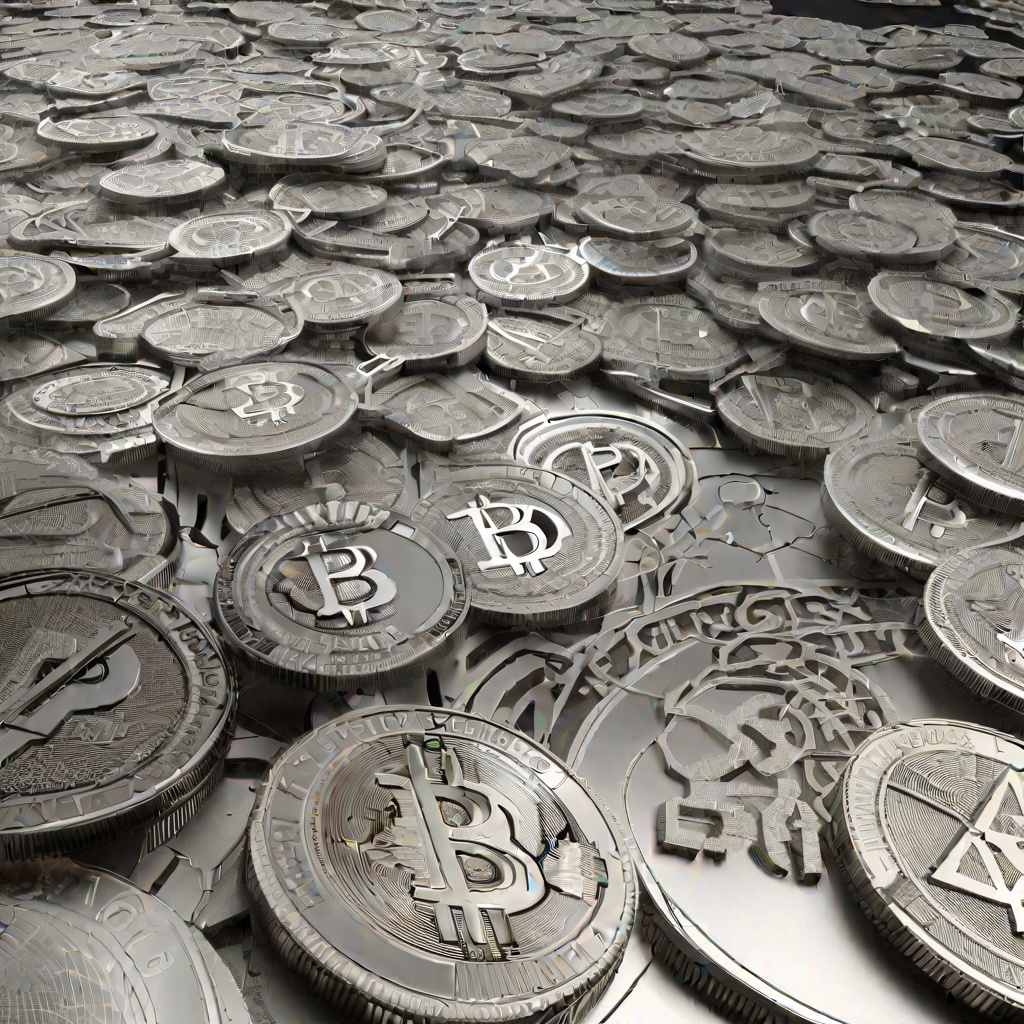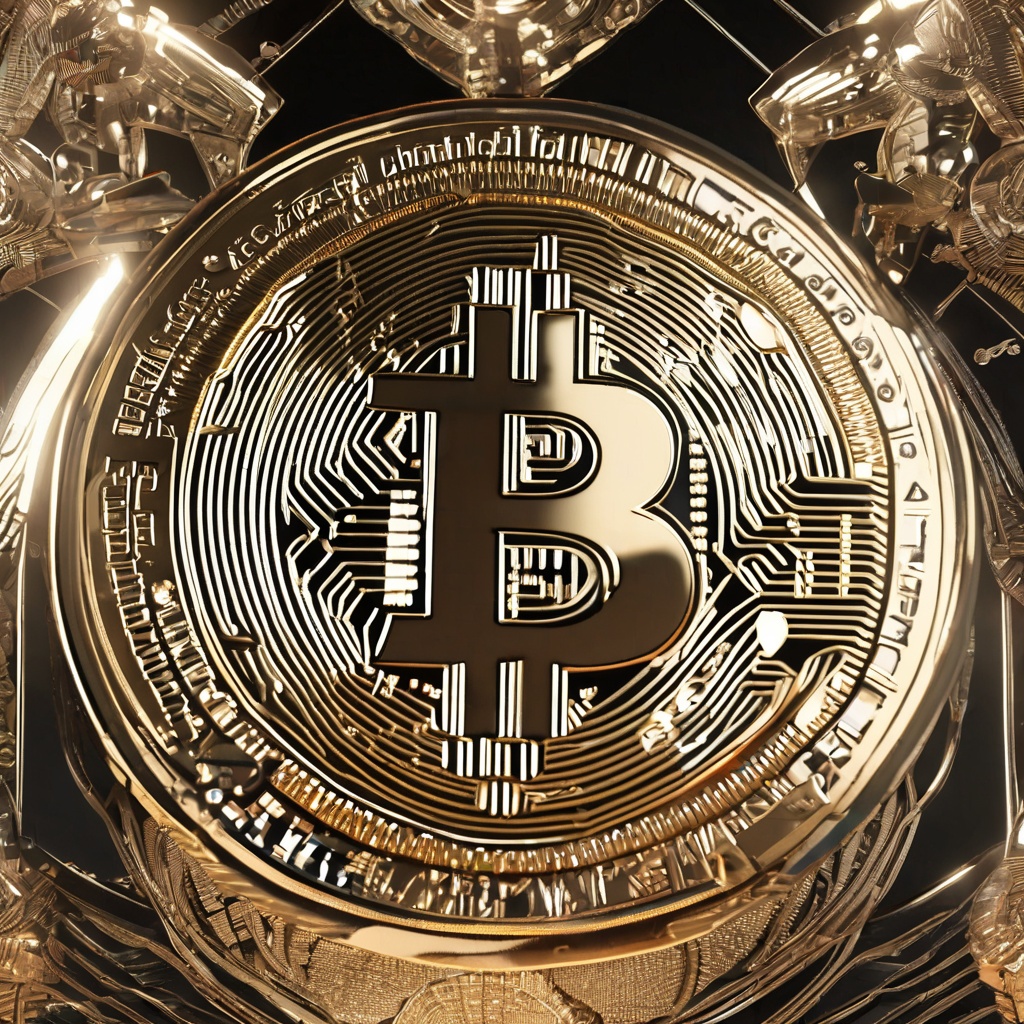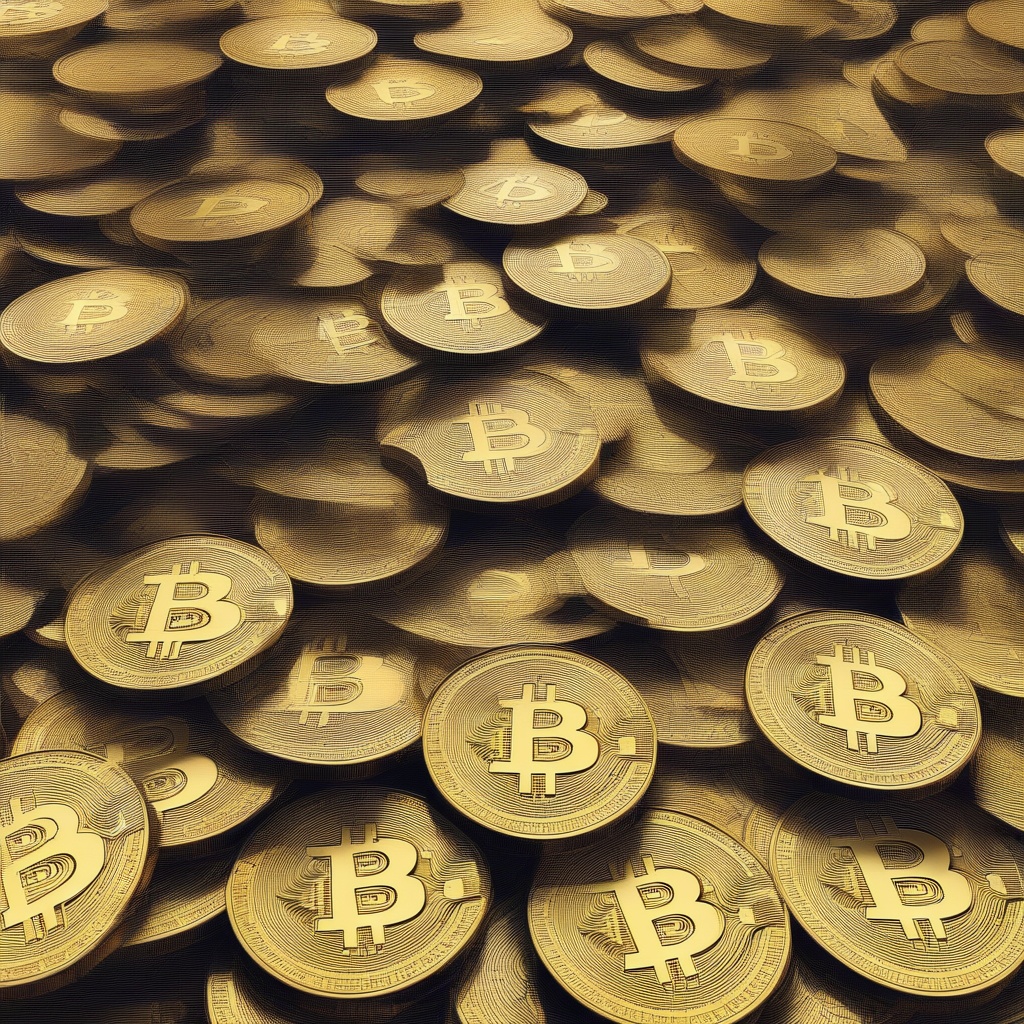What is the untraceable crypto coin?
Could you please elaborate on the concept of an untraceable crypto coin? I'm curious to understand how such a currency operates and what sets it apart from other cryptocurrencies. Is it designed to offer a heightened level of anonymity and privacy for its users? Are there any specific features or technologies employed to make transactions untraceable? Additionally, what are the potential implications and risks associated with the use of such a currency?

Is Phemex anonymous?
Are you wondering whether Phemex, a popular cryptocurrency exchange platform, offers anonymity to its users? It's a valid question, especially in the world of cryptocurrency where privacy and security are often top priorities. While some exchanges may prioritize anonymity, it's essential to consider the regulations and security measures in place at Phemex. Does Phemex require users to provide personal information during the sign-up process? Are there any steps in place to verify the identity of users? How does Phemex handle the storage and protection of user data? And most importantly, does Phemex comply with relevant laws and regulations regarding anti-money laundering and counter-terrorism financing? Let's delve into these questions and find out whether Phemex offers anonymity or if it prioritizes security and compliance over anonymity.

What are non-KYC crypto exchanges?
What are non-KYC crypto exchanges, and how do they differ from traditional exchanges that require Know Your Customer (KYC) verification? How do these exchanges operate without implementing rigorous identity verification processes, and what are the potential risks and benefits associated with using them? Are there any legal or regulatory considerations that users should be aware of when utilizing non-KYC crypto exchanges?

What currency is untraceable?
Could you elaborate on which type of currency is considered untraceable? Are there specific digital currencies or cryptocurrencies that offer a higher level of anonymity and privacy compared to traditional fiat currencies? Are there any legal implications or risks associated with using such currencies, especially in terms of money laundering and illegal activities? It would be interesting to understand the technical mechanisms behind these currencies that enable them to be untraceable, and how they differ from more transparent forms of money.

Can a DeFi wallet be traced?
Can a DeFi wallet truly remain anonymous and untraceable? It's a question that's been on the minds of many cryptocurrency enthusiasts and investors alike. On the surface, the idea of decentralized finance, or DeFi, seems to promise a level of privacy and security that traditional financial systems simply can't match. But is it really possible to keep a DeFi wallet completely hidden from prying eyes? After all, the blockchain technology that powers cryptocurrencies like Bitcoin and Ethereum is designed to be transparent and traceable. Transactions are recorded on a public ledger, making it easy for anyone with access to the network to view them. So, how can a DeFi wallet buck this trend and remain truly anonymous? Is it simply a matter of using pseudonymous addresses and keeping a low profile? Or are there more sophisticated techniques at play, like using privacy-focused protocols or mixing services to obscure the origins and destinations of funds? And what about the fact that many DeFi platforms require users to verify their identity in order to access certain services or participate in certain types of transactions? Ultimately, the answer to the question "Can a DeFi wallet be traced?" may depend on a variety of factors, including the specific wallet and platform being used, the level of care taken by the user to protect their privacy, and the regulatory environment in which the DeFi wallet operates. But one thing is clear: the idea of a completely anonymous and untraceable DeFi wallet may be more of an illusion than a reality.

